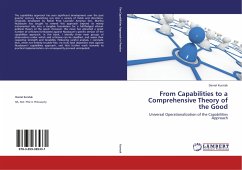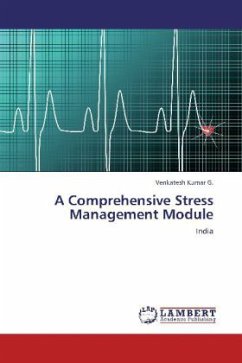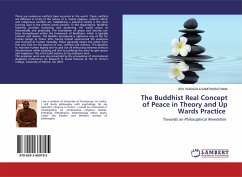The capabilities approach has seen significant development over the past quarter century, branching out into a variety of fields and directions. Originally developed by Nobel Prize Laureate Amartya Sen, Martha Nussbaum has sought to extend this approach beyond its mainly instrumental role into a tangible foundation for a full-fledged ethical-political theory of the good. However, this move has attracted a great number of criticisms formulated against Nussbaum s specific version of the capabilities approach. In this book, I identify three main groups of observations under which said criticisms can be classified, and assess their respective strength and tenability. Following careful analysis, I conclude that, while not entirely trouble-free, no truly fatal objections exist against Nussbaum s capabilities approach, and that further work towards its practical implementation can consequently proceed unimpeded.
Bitte wählen Sie Ihr Anliegen aus.
Rechnungen
Retourenschein anfordern
Bestellstatus
Storno








